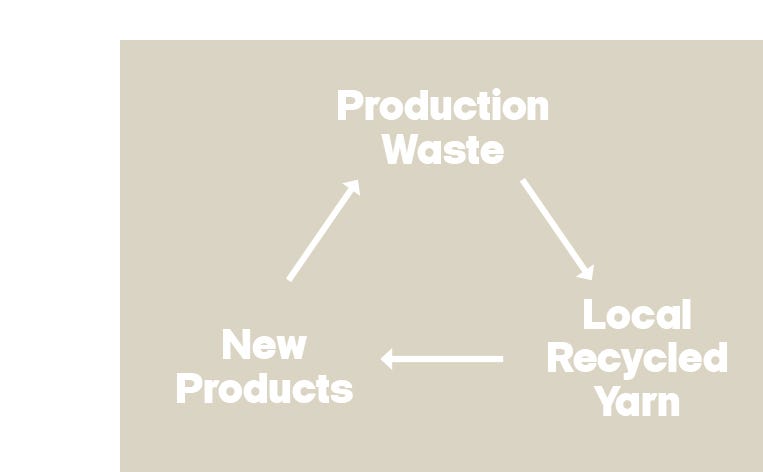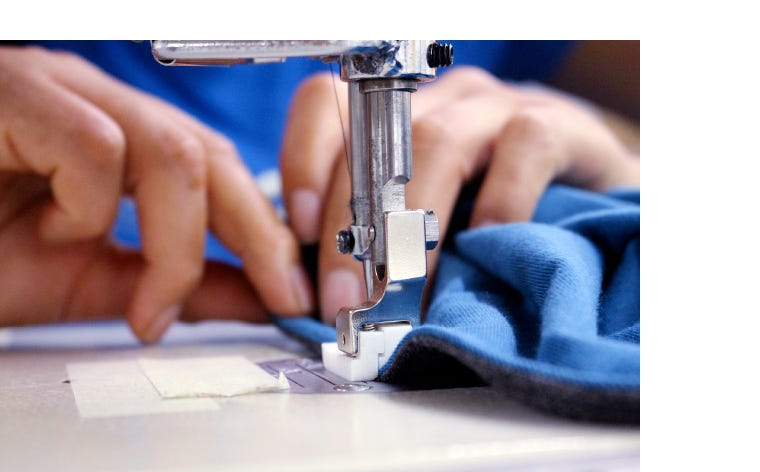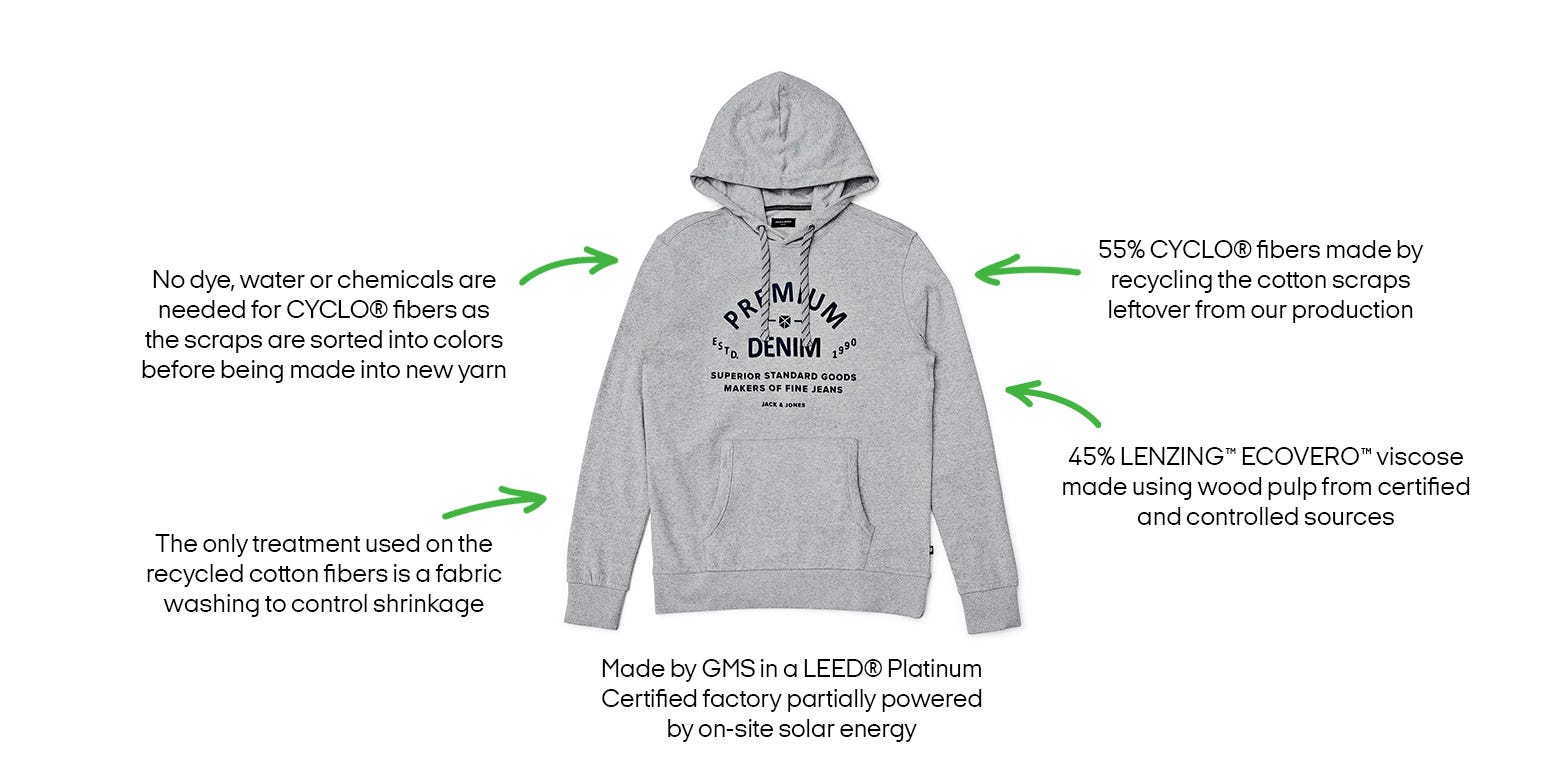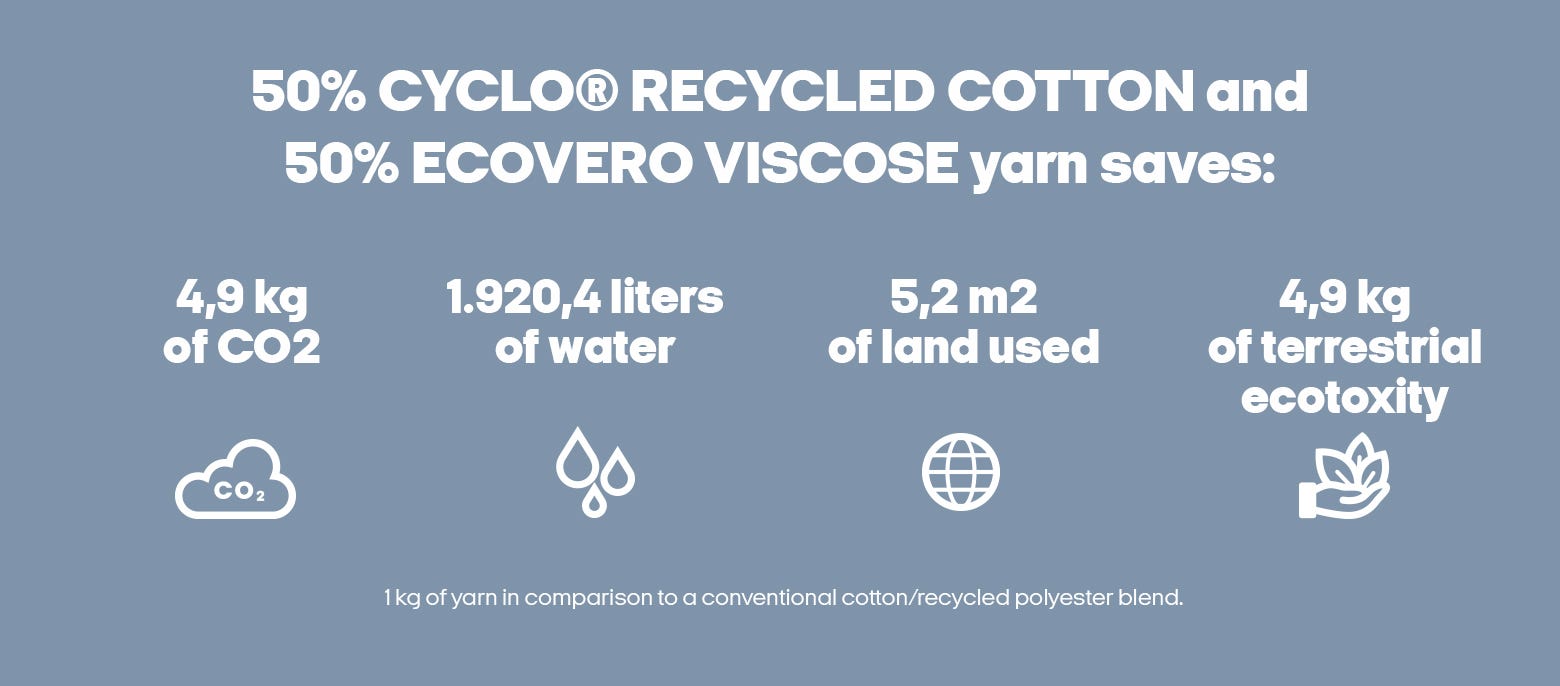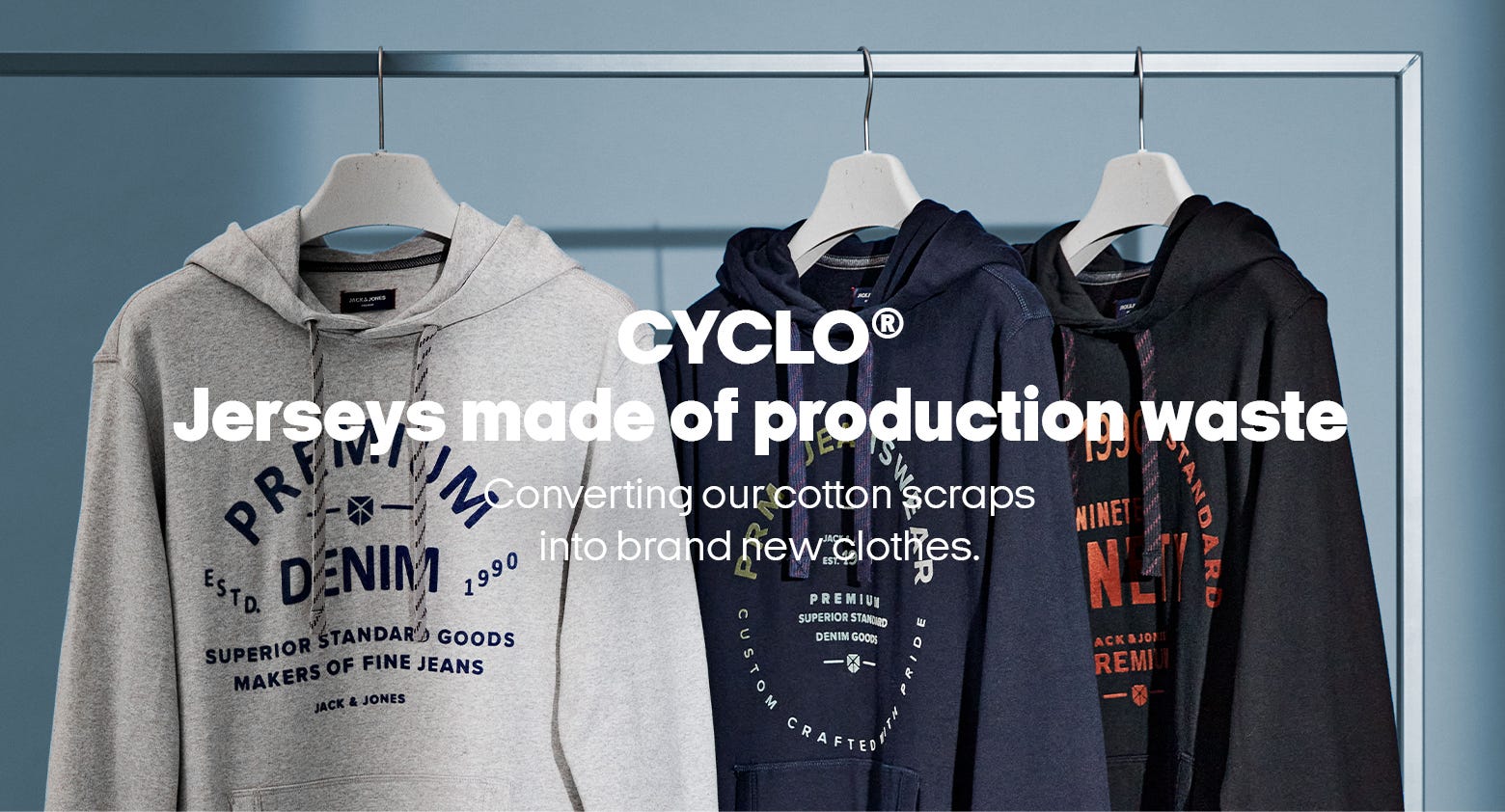
At JACK & JONES, we are always looking for ways to reduce, reuse and recycle. That is why we are part of an exciting partnership to use the cotton scraps left over from our manufacturing to make a new products: we started in beginning of 2022 with the Damian hoody. During 2022 we sold five more tees made with CYCLO®. By using the cotton we already have instead of taking more, we are making savings on water, energy, chemicals and carbon emissions – an important part of our A BETTER WORLD sustainability promise.
It all started when we began searching for a way to repurpose our cotton cutting waste together with our manufacturer GMS, who has been making our cotton jersey styles in Bangladesh since 2006. We wanted to use the scraps locally, to cut down the environmental costs of transporting it back and forth. Our aim was to create a system for incorporating our own waste directly back into our designs.
That’s how we met the innovative team at Bangladesh-based recycled cotton company CYCLO®, who now help us to transform this waste into a brand-new yarn.
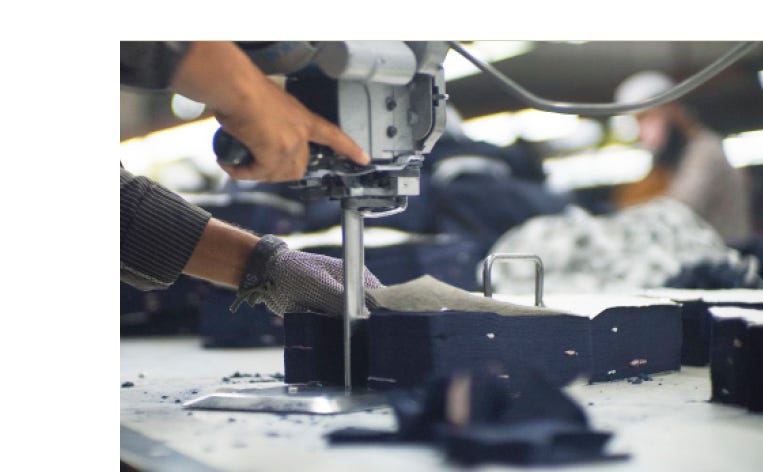
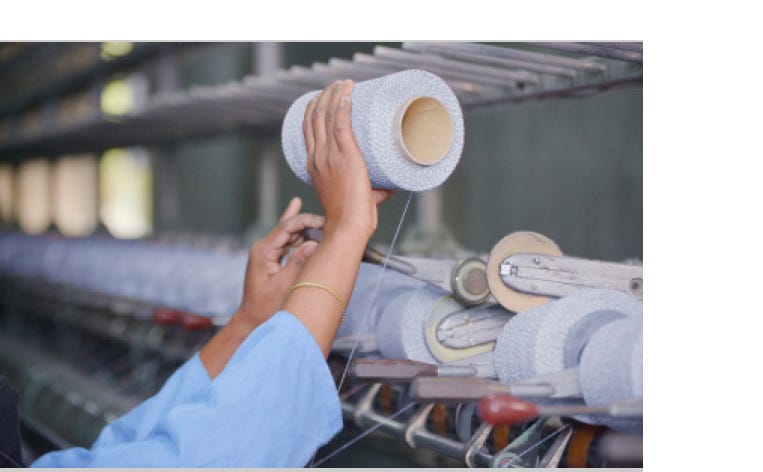
CYCLO® is setting a new standard for recycled fibers. Using their proprietary process, we can keep our cotton waste local and make sure it returns to our manufacturers ready to be reused, without compromising on quality.
The CYCLO® team repurposes cotton scraps from GMS, Auko-tex and Nafa into a brand-new yarn. It is made without water, dyes or chemicals, meaning it is much lighter on the earth’s resources than growing and producing new cotton. In fact, for every kilogram of CYCLO® recycled fibers we use instead, we save up to 20,000 liters of water, more than 3 KWG of energy and at least 11 kilograms of CO2 – not to mention the pesticides and fertilizers used to grow conventional cotton.
The recycled yarn is then brought back ready to be made into fabric and made into a brand new piece of clothing. Here’s how the magic happens:
• Our manufacturers collect any cutting waste that is left over from the production of our cotton jersey styles and manually sorts the scraps by color and quality.
• Our manufacturers send the sorted cotton scraps to CYCLO® where it is sorted after color once again.
• The sorted waste is mechanically recycled, meaning it is shredded into recycled cotton fiber and packaged up into bales.
• The cotton fibers of our products are blended with 45% LENZING™ ECOVERO™ viscose to ensure the final product’s quality level. LENZING™ ECOVERO™ is derived from sustainable wood and pulp from certified and controlled sources with half the emissions and water impact of traditional viscose.
• The fibers are carded (a process that separates out the fibers and removes impurities), spun into yarn and tested for quality.
• The colored yarns are delivered back to our manufacturers or a fabric mill.
• The yarns are knitted into brand new fabrics, before using the fabrics to make our new JACK & JONES styles.

COLLABORATING TOWARD MORE CIRCULAR TEXTILES
This pilot project with CYCLO® is part of the Fashion FWD Lab, which helps to facilitate collaborations around low-impact circular materials, better production, new business models and smarter ways of manufacturing. By bringing together players from all areas of the industry, the Fashion FWD Lab acts as a catalyst for collaborative innovation to drive sustainable change across BESTSELLER’s many brands.
